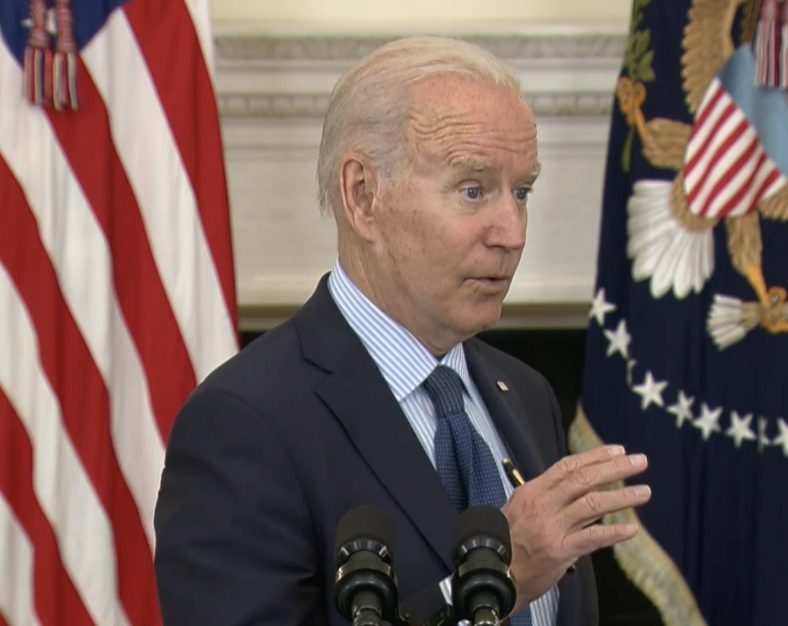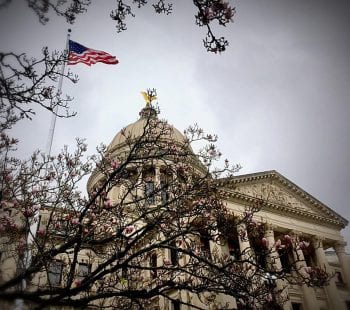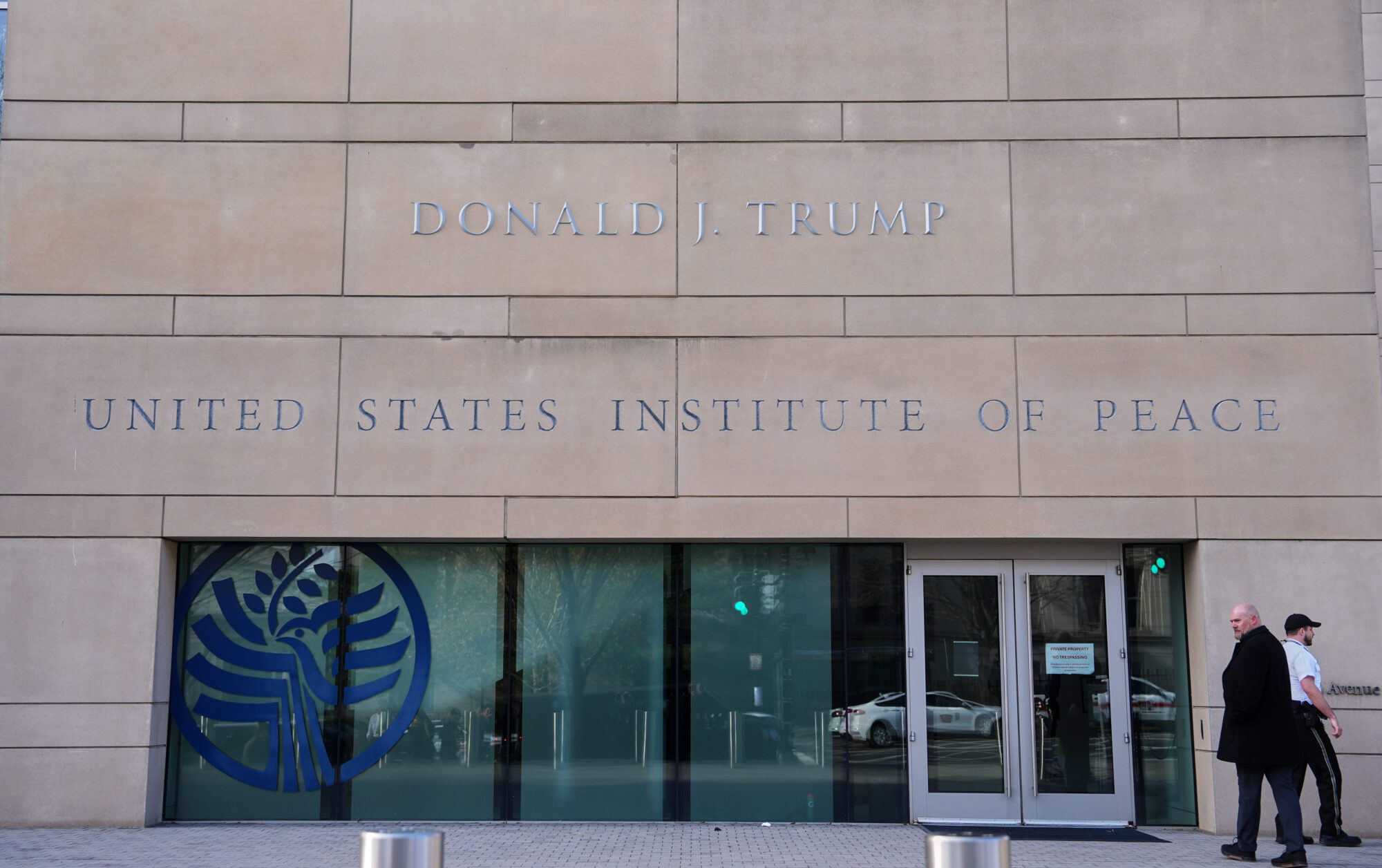
President Joe Biden
The U.S. House is expected to attempt to override the President’s first veto later this week but getting the two-thirds vote necessary doesn’t appear likely.
President Joe Biden (D) issued his first veto on Monday, over two years into his presidency.
The veto was for a joint resolution – H.J. Res. 30 – passed by both the Republican controlled U.S. House and Democrat controlled U.S. Senate that seeks to block the Labor Department from allowing retirement fund managers from using “environmental, social and governance ” (ESG) factors when considering investments.
The measure passed by a vote of 50-46 in the Senate, with two Democrats – Senators Joe Manchin (WV) and Jon Tester (MT) – joining all Republicans in voting for the resolution.
In the House, it passed by a vote of 216-204 with one Democrat’s support – Congressman Jared Golden of Maine’s 2nd District.
Mississippi Republican officials have spoken out against ESG practices for some time now, raising awareness of the issue and questioning the wisdom of using such factors in investment decisions. Among those critical of ESG are Governor Tate Reeves, State Treasurer David McRae, both U.S. Senators Roger Wicker and Cindy Hyde-Smith, and the three GOP Congressmen.
Last week, Governor Reeves joined 18 other governors in a letter opposing ESG practices. They said profitability and “maximizing shareholder value, rather than the proliferation of woke ideology” should be the guiding factors in investment planning. The governors also noted that their states could consider a ban on ESG when state and local governments issue bonds or when investing taxpayer money.
The U.S. House is expected to attempt to override Biden’s veto this week, but it will likely fail as it requires a two-thirds vote in both chambers, meaning the veto will stand.











